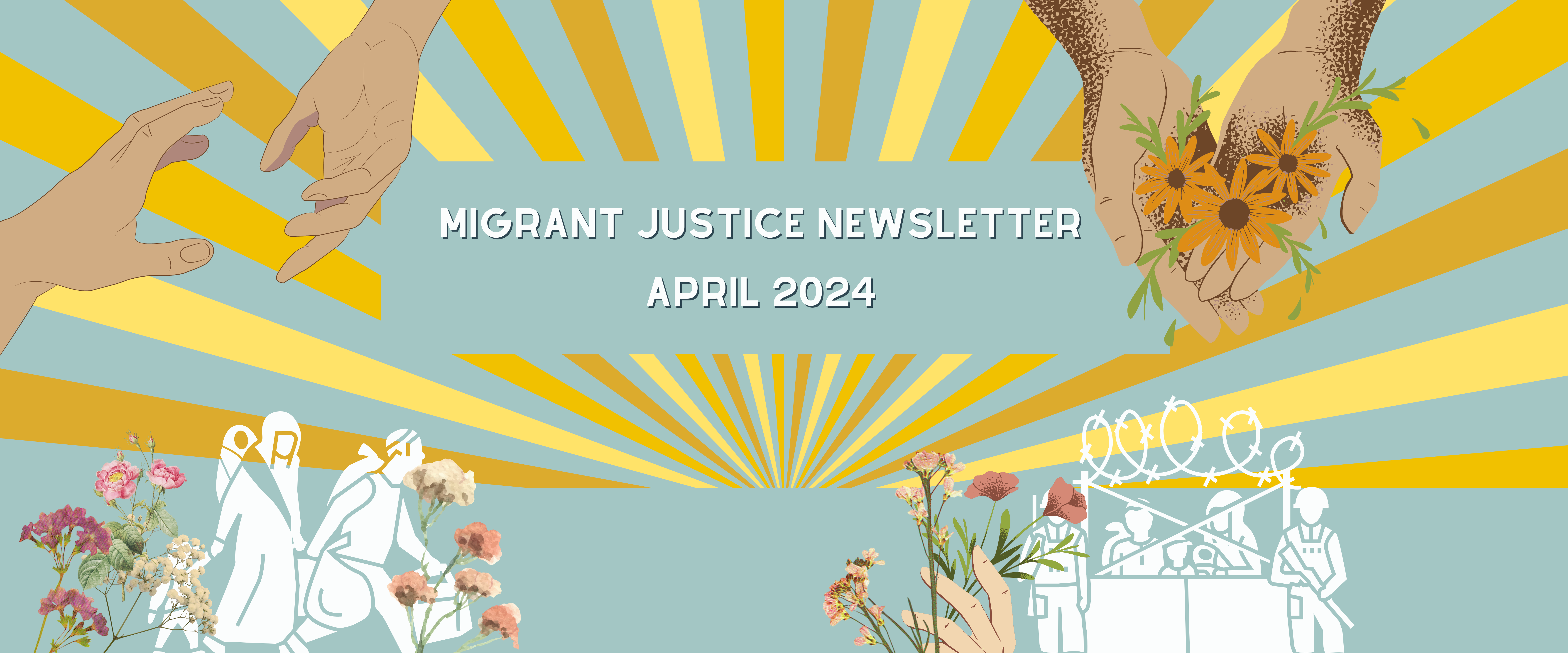To read the full article: Migrant Justice Newsletter - April 2024 | InterReligious Task Force on Central America (irtfcleveland.org)
Welcome to IRTF’s March 2024 newsletter on Migrant Justice and the current situation at the US-Mexico border. After you’ve looked through the articles, we hope you can take a few minutes to see the TAKE ACTION items at the bottom. In this newsletter, please read about : 1. Changing Trends in Migrants at US-Mexico Border. 2. ICE Air: Update on Removal Flight Trends . 3. Study Reveals: Border Wall Height Exacerbates Trauma Incidents . 4. At the Border: Recent . Incidents at and around the US-Mexico Border . 5. Border Patrol and Local Law Enforcement’s Patterns of Abuse in Ohio’s Immigration Enforcement. 6. Raising the Credible Fear Screening Standard Will Endanger Lives but Won’t Fix The Border . 7. Children in US-Mexico Border Camps. 8. Migrants Mired in Transit as Mexico Becomes US’s Immigration Enforcer. 9. Kidnapping of Migrants and Asylum Seekers at Texas-Tamaulipas Border Reaches Intolerable Levels . 10. Migrant Deaths in New Mexico and Western Texas . 11. Human Rights in the Darién Gap of Panamá.
TAKE ACTION NOW. Here is what you can do to take action this week in solidarity with migrants and their families. (See details at the bottom of this newsletter.) A) SPEAK UP FOR DEMOCRACY IN EL SALVADOR. B) SPEAK UP FOR PEOPLE IN HAITI. C) STOP DEPORTATIONS TO HAITI . D) PROTECT UNACCOMPANIED MINORS. E) VISIT CAPITOL HILL: #ReuniteUS. F) HELP REFUGEES & MIGRANTS IN CLEVELAND.

